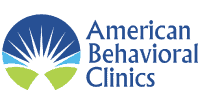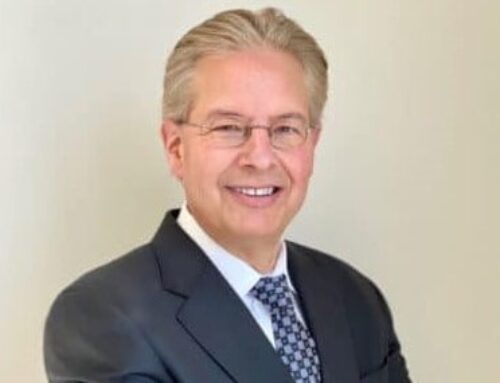
Almost everyone has had one or more traumatic events occur in their lifetime. It may be the sudden death of a loved one, drastic changes in physical health, or a natural catastrophe that has put you into survival mode. The human brain is not wired to analyze these events while you are experiencing them. You must process them afterward, or you may have post-traumatic stress disorder, stress, anxiety, or another mental health condition. Substance abuse rates are much higher in people who have not processed traumatic events. In order to process trauma, you must be in a safe environment where you feel validated.
What Happens in the Brain Following a Traumatic Event?
A traumatic event causes changes in the brain. The hippocampus area of the brain, which is responsible for memory and emotions, shrinks while the amygdala function, which is responsible for creativity and free thought, becomes bigger. Simultaneously, the prefrontal part of the brain responsible for planning and self-development becomes bigger. Eventually, the brain becomes a giant roadblock if a traumatic event is not processed.
The Role of Individual Therapy in Trauma Recovery
Several types of individual therapy can help you recover after a traumatic event, including:
- Prolonged exposure therapy – This type of therapy encourages you to retell traumatic events and enables you to gradually expose yourself to situations, places, or things that will cause you to remember them.
- Cognitive behavioral therapy – This type of therapy is beneficial for removing negative self-talk and teaching you positive affirmations.
- Eye movement desensitization and reprocessing (EMDR) – This type of therapy gives you a safe space to process a traumatic event.
- Grounding techniques – This type of therapy teaches you to cope with traumatic flashbacks in positive ways.
Contact our team of mental healthcare providers to help you process traumatic events. They will guide you in choosing the type of therapy that will work best to help you process these events.
Existing Patients and New Patients, Call us to schedule an appointment, get a prescription refill or just to ask a question:
New Patients ONLY - Want to contact us through a form? CLICK HERE to fill out our contact form.





